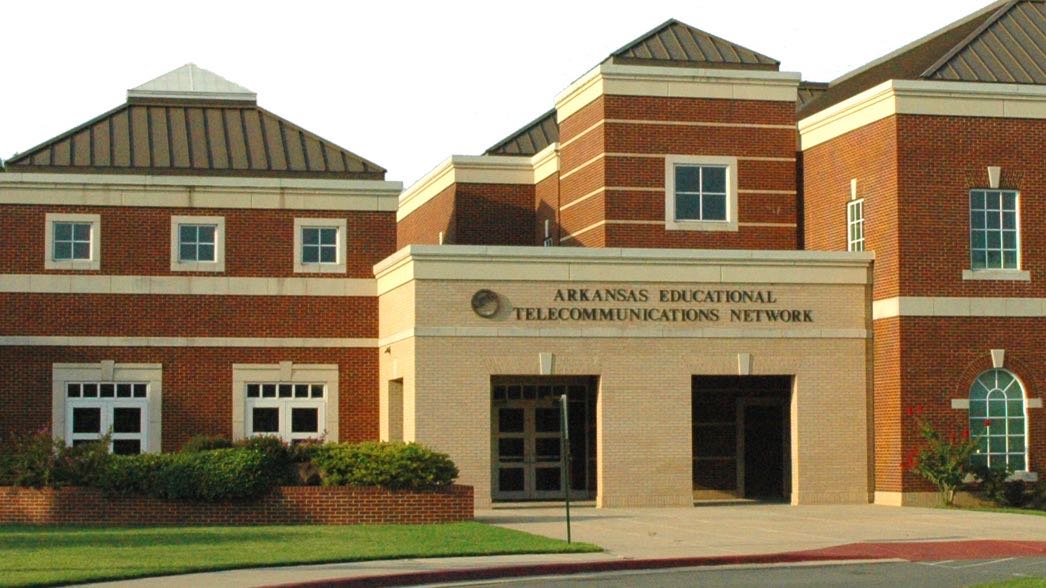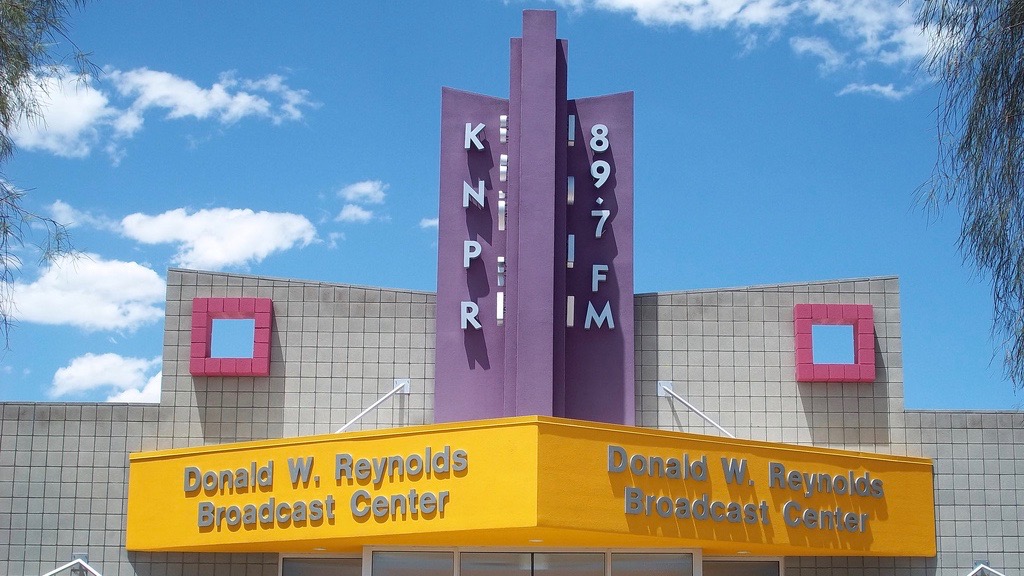System/Policy
House Appropriations subcommittee approves funding increase for CPB
The bill would add $50 million to CPB's appropriation.Union complaint against KUOW dismissed
A Washington state labor relations agency disagreed with SAG-AFTRA's claims that KUOW had retaliated against employees for joining a union.VIA Public Media adds Bucknell U.’s FM station
VIA Public Media will offer internships and train Bucknell students.Public radio music stations to meet for ‘first-of-its-kind’ summit
“We'll really focus on ... a series of topics that are, we think, important to public radio music stations of all formats,” ...PRNDI proposing name change, reinventing identity to serve all pubmedia journalists
"As the public media landscape changes, PRNDI must grow and change to be an organization that represents and advocates for journalists across ...Illinois State University agrees to operate Peoria station
WCBU will retain its frequency, format and call letters.Director’s push for innovation in Arkansas creates friction with foundation
The Arkansas Educational Television Commission is threatening to sever its relationship with the AETN Foundation.Public Media Co. spins off PMVG, sees change in leadership
PMC will establish a public benefit corporation as part of the changes.WHYY acquires local news site Billy Penn
The Philadelphia broadcaster becomes the latest pubmedia outlet to buy a local news site.On NPR Board, small-market stations aren’t getting a fair shake
The GM of a small-market station asks why such stations make up two-thirds of NPR members but have only one board representative.St. Louis Public Radio report reveals new details about former host’s offensive remarks
Don Marsh left the station last month after 13 years of hosting "St. Louis on the Air."Oklahoma nonprofit to dissolve in settlement of OETA court battle
The OETA Foundation will turn over more than $40 million to the new Friends of OETA by May 15.New England Public Radio and WGBY to combine operations
The two stations will operate as New England Public Media, a new nonprofit organization.New PBS policy will locally limit national content on stations’ digital platforms
PBS says limiting national content to local markets will help avoid viewer confusion and strengthen station brands.NEH grant to Nevada Public Radio will support technical upgrades
The $500,000 matching gift will support Give Voice, a $6 million major-gift campaign.






